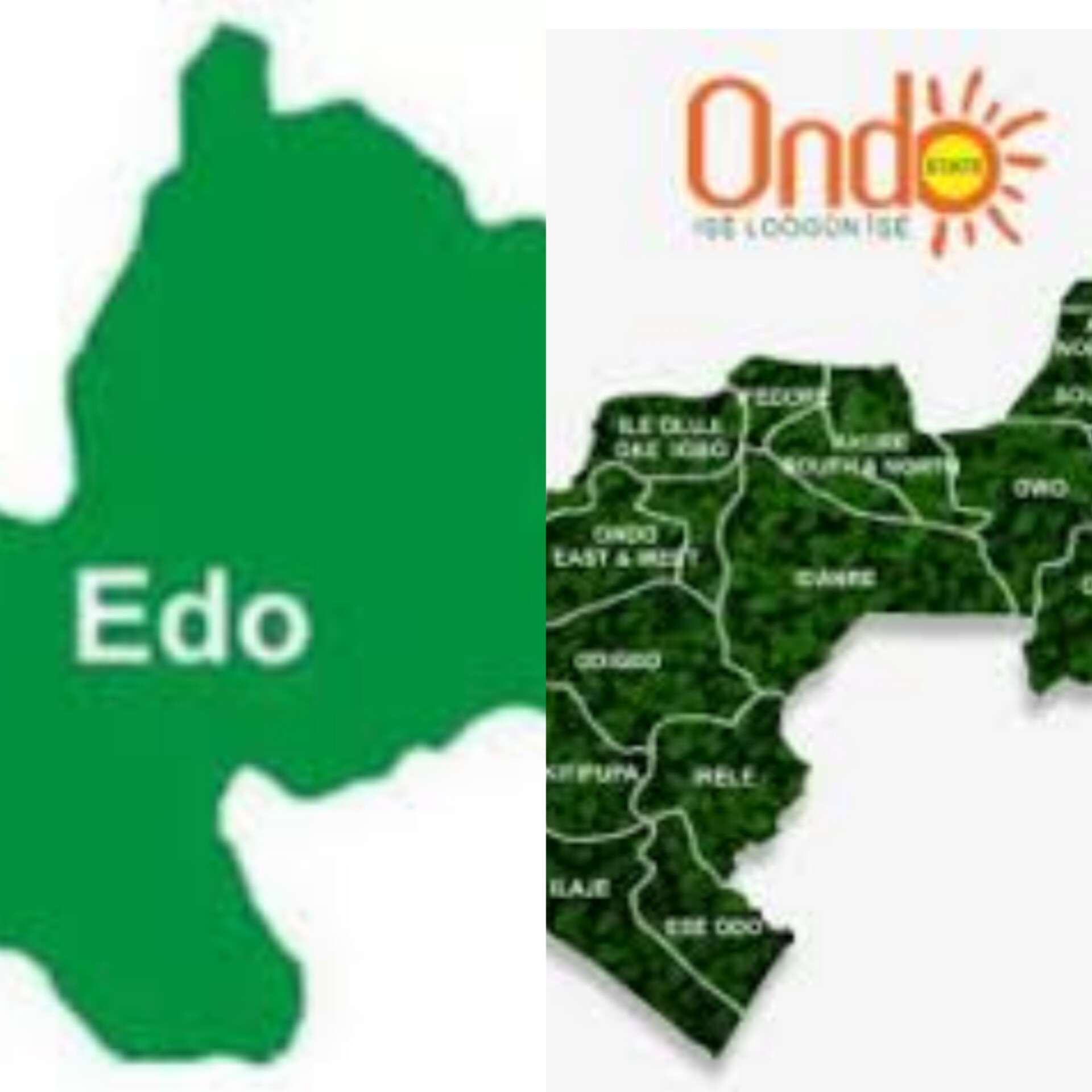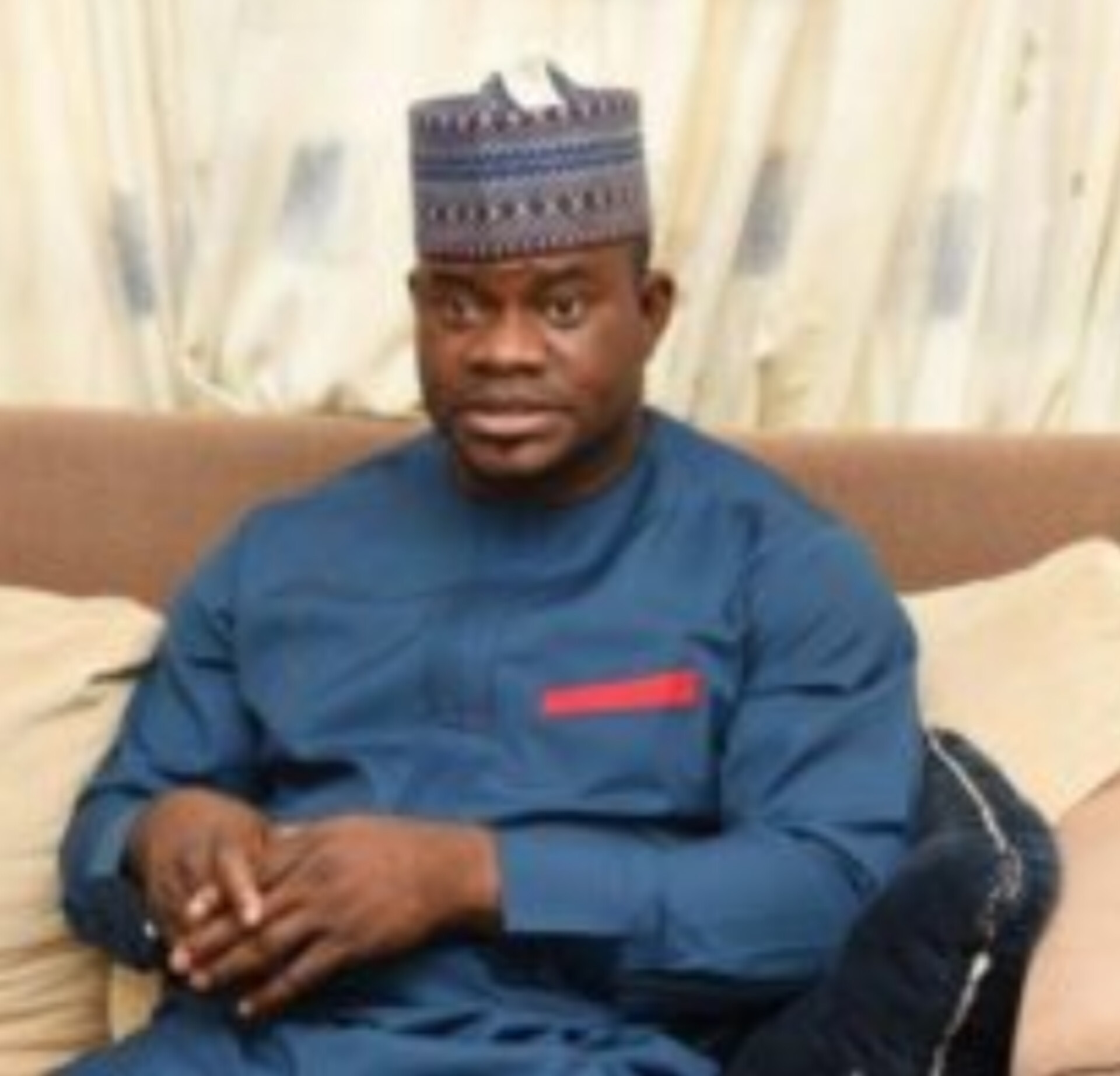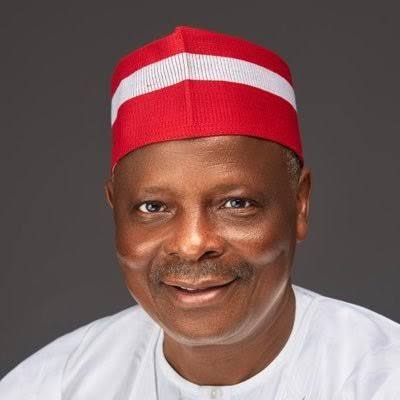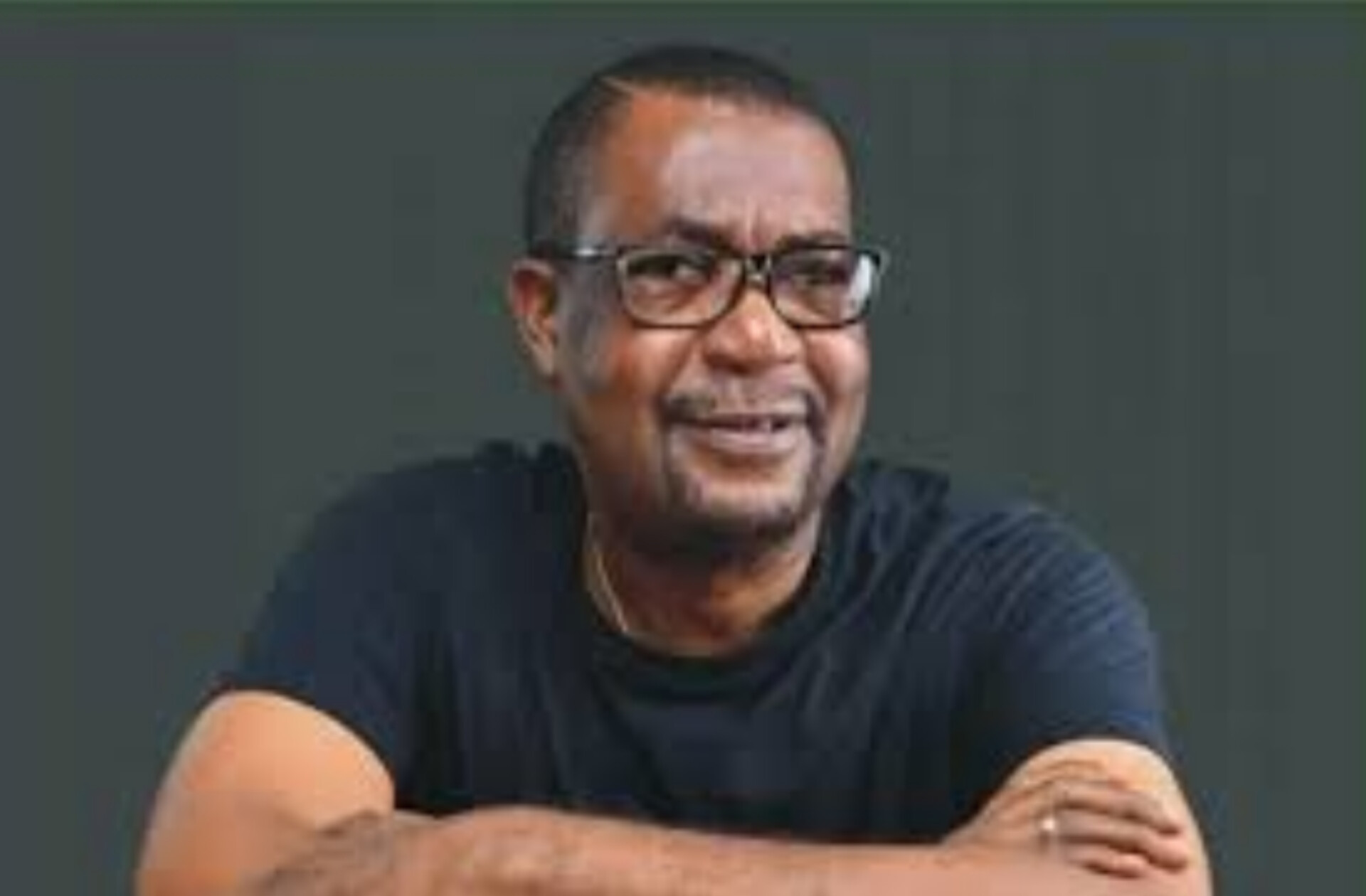By Ehichioya Ezomon
In 2020, Edo State Governor Godwin Obaseki fought the political battle of his life for a second term in office. Mid year, he’s disqualified by the National Working Committee (NWC) of the ruling All Progressives Congress (APC), headed by Senator and former Governor Adams Oshiomhole as then national chairman.
In 2016, Oshiomhole had “imposed and installed” Obaseki as his successor. But the godfather-godson relationship didn’t last, as Obaseki decried Oshiomhole’s “godfatherism,” and connived to have him suspended from his ward in Etsako West Local Government Area of Edo North, and sacked by the courts as APC’s chairman.
Oshiomhole denying Obaseki a re-election ticket prompted Obaseki to defect to opposition Peoples Democratic Party (PDP), which granted him automatic ticket, with which he contested and won the September 2020 election.
But in the course of the campaigns, former Lagos State Governor and acclaimed “National Leader” of the APC, Asiwaju Bola Tinubu (now President of Nigeria) called on the people of Edo State to vote for the APC candidate, Pastor Osagie Ize-Iyamu, who’s chaperoned by Tinubu’s close ally, Comrade Oshiomhole.
It’s a wrong political move at a time Obaseki, his campaign and supporters alleged – with no concrete evidence, and yet believable – that Oshiomhole had carried out a script written by Tinubu, to disqualify Obaseki from the APC governorship primary.
When Obaseki’s still in the APC, he led a group of governors and party chieftains to Tinubu’s Bourdillon road home in Ikoyi, Lagos, to solicit his assistance to settle the feud between him and Oshiomhole, and Tinubu, short of shunning the parley, remained noncommittal, thus sending signals that he sided with Oshiomhole’s antic to deny Obaseki a second term ticket.
The backlash from Edo people against Oshiomhole for “instigating” disqualification of Obaseki from the APC primary, was also extended to Tinubu for his alleged “interference in Edo politics,” and hence the coinage: “Edo no be Lagos” – a reference to Tinubu’s stranglehold of politics of Lagos State.
So, “Edo no be Lagos” became an anthem, and the rallying cry for the Obaseki campaign, members and supporters of the PDP, and Edolites across party lines, who felt Oshiomhole (and Tinubu) committed a “political sacrilege” by denying a return ticket to Obaseki whom he’d backed for governor in 2016.
Thus, the Obaseki campaign adopted three strategies that worked for the governor’s re-election without a referendum on his “achievements” from 2016 to 2020: Deploy Oshiomhole’s “betrayal of Edo people” – particularly the Binis of Edo South, where Obaseki hails from; replay Oshiomhole’s campaign of calumny against Pastor Ize-Iyamu during the 2016 election, to denigrate and demarket Ize-Iyamu, and promote Obaseki’s candidacy that he (Oshiomhole) sponsored; and harp on Tinubu’s “interference” in Edo politics.
Now to the 2024 governorship election in Edo State where another version of “Edo no be Lagos” or “Edo no be Yorubaland” – with a ting of tribalism – has emerged in the lead-up to the September 21 poll. The 2023 General Election in Lagos State witnessed an intense recline to tribal politics between the Yoruba and Igbo – the one trying to stave off alleged plans by the other to dominate Lagos politics by declaring the state as “a no man’s land” to be “captured” in the 2023 elections.
True to the fears of the Yoruba, the presidential candidate of Labour Party (LP) and former Anambra State Governor Peter Obi defeated Tinubu in his Lagos homestead in the February 25, 2023, poll. So, ahead of the following March 18 governorship election, alarmed conservative Yoruba resorted to whipping up tribal sentiments, telling liberal Yoruba that the intention of the Igbo wasn’t just to takeover Lagos – where they’ve an unverified 5m population – but also to bring the entire South-West geopolitical zone under Igbo domination.
Besides calling for “Yoruba Ronu” (‘Yoruba, Think’) – a phrase used by the legendary Hubert Ogunde “in his famous 1964 play,” warning about intra-ethnic divide among politicians in Yorubaland that could give way to external infiltration – the agitation for “Yorubaland for the Yoruba” culminated in rallying for Yoruba nationalism and supremacy in Yorubaland.
As noted by Yusuf Omotayo in a piece, “The True Meaning of ‘Yoruba Ronu,'” first published in The Atlantic of July 10, 2023, “Yoruba Ronu has recently become the anchor on which Yoruba politicians have championed calls for fanatic support. The original core message of the phrase, however, is unity rather than ethnic disrespect and Yoruba supremacy.”
The Yoruba agitators backed up their alleged “Igbo Agenda” with declarative statements and videos issued and posted by social media influencers, calling on members of the “Obidients Movement” – the mass of voters who backed Obi’s presidential run – to “vote massively” on March 18, for the LP to takeover Lagos State.
And for good (or bad) measure, the LP featured as its governorship candidate Gbadebo (Chinedu) Rhodes-Vivor, who’s a Yoruba father and Igbo mother and wife – and whose utterances and actions, even on the campaign trail, tended to play up his affinity to Igbo more than to his Yoruba heritage.
The Yoruba agitators dug into Mr Rhodes-Vivor’s social media posts – which some alleged were manipulated – in which he backed activities of the proscribed Indigenous People of Biafra (IPOB) – a group fighting for secession from Nigeria; his lead participation in the October 20, 2020, #Endsars violent and bloody protests in Lagos; and his intention, if elected governor, to dethrone the Oba of Lagos, and install an Igbo as replacement, declare an annual “Igbo Day” for Igbo to celebrate their traditional and cultural heritage, business acumen and dominance of the commercial and political affairs of Lagos, and give Igbo unfettered access to control all markets and commercial places in Lagos State.
These and other issues worked against the LP and Rhodes-Vivor’s ambition on poll day, giving the ruling APC and the amiable but assailed Governor Babajide Sanwo-Olu a landslide victory, and crowning the “Yorubaland for Yoruba” agitators’ fierce campaign for “Yoruba Ronu” with defeat of the “Igbo campaigners” of “Na we build Lagos, na we own Lagos.”
Meanwhile – and sadly – the tribal politics of 2023 elections has resurrected in Edo and Ondo 2024 elections. In Edo, the LP candidate and former President of the Nigerian Bar Association (NBA), Mr Olumide Osaigbovo Akpata, had to do a hit music in Bini, to prove that he’s a bona fide “son-of-the-soil” from the prominent family of the Akpatas of Benin Kingdom.
Decked in traditional attire, Mr Akpata leads “the cultural troupe” in a Bini song and graceful dancesteps to trace his paternal and maternal roots to ages, and pleads with Edo people that he isn’t a stranger or a Yoruba, as his political traducers want to portray him in the intense mobilisation for the LP primary, and the governorship poll on September 21.
Amid lingering doubts as to Akpata being “truly” Bini and Edo, a tweep (a user of Twitter) posted “an advisory” on X (formerly Twitter) for Igbo residents in Edo State not to dabble in the local politics of who the parties field for the governorship, but to mind their civic duty of voting for their preferred candidate.
This stirred instant reactions from Yoruba netizens (habitual or keen users of internet), who reasoned that the advisory was issued to Igbo residents in Edo State because the LP candidate’s middle name – Olumide – is Yoruba, and hence anathema to the Igbo.
The Yoruba say what’s sauce for the goose should be sauce for the gander. If Igbo supported Mr Rhodes-Vivor with a middle name of “Chinedu” and Igbo mother and wife for the LP governor in Lagos, why should Igbo steer clear of canvassing for Mr Akpata with a Yoruba name of “Olumide” as candidate of the LP in Edo State?
Similarly in the PDP in Edo State, governorship candidate Asue Ighodalo faces scrutiny as to his Esan roots from Ewohimi in Esan North-East of Edo Central. In 2023, Dr Ighodalo, a Lagos-based lawyer and industrialist associate of Governor Obaseki, reportedly hired “an interpreter” to convey his aspiration for governor to his ward members in Ewohimi. Now, critics query his “Edoness” for “growing up and working in Lagos, and marrying a Yoruba.”
In Ondo State, lawyer and veteran politician, Chief Olusola Oke, has a primary huddle for marrying an Igbo named “Nkem” as a second wife, who’s reportedly “very close” to Mrs Betty Anyanwu-Akeredolu, the Igbo wife of the late Governor Oluwarotimi Akeredolu (SAN), who died from a protracted ailment on December 27, 2023.
Accused of being an “Iron” First Lady with a domineering streak – and allegedly advancing the interests of Igbo to the detriment of the Yoruba in Ondo State – Mrs Akeredolu’s ethnic relationship with Mrs Oke may cause Mr Oke the primary ticket of the APC, and ultimately the governorship if the agitators for “Yorubaland for Yoruba” deploy “Yoruba Ronu” in the APC yet-to-be-scheduled April primary for the November 16 election in the state.
This is the stage we’re in Nigeria’s bitter politics, in which tribe and state of origin of spouses and their parents, living permanently or for a considerable length of time in their states of origin, and ability to speak fluently the local language, and imbibe the traditional and cultural nuances of the people, now determine one’s ambition for elective political position(s).
It’s happened in Lagos, in the case of Gbadebo Rhodes-Vivor failing the governorship in 2023 partly because – in the estimation of the conservative indigenous Yoruba – he’s not “Yoruba enough” for having Igbo mother and wife, and “displaying disdain” for Yoruba language, traditional and culture.
It also occurred in 2023 in Enugu State, where a resident of Ebonyi State origin was told by the locals that he couldn’t – as a “stranger” or “non-indigene” – become governor of Enugu. “A person from Ebonyi cannot be our governor in Enugu. God will not allow that” (to happen), one of the speakers – with members of the audience concurring – told the bewildered politician at a gathering to intimate the people about his governorship ambition, which’s ended thereafter!
On May 4, 2022, Senator Adeola Olamilekan (alias ‘Yayi’) (APC, Lagos West), gave in to emotions when his constituents in Ogun West gifted him nomination forms, to contest in the 2023 poll to represent the district. Pre-2015 general election when Chief Olamilekan wanted to represent Ogun West – his district of origin in Ogun State – there’s strong opposition that he wasn’t a Yewa man from the district. Some even claimed he’s from Ekiti State.
He’d to seek his political ambition in Lagos West (he’s Reps member from 2011 to 2015), which he won and represented from 2015 to 2023. But reportedly eying the governorship of Ogun State in 2027 that’s “zoned” to Ogun West, Olamilekan made attempts to switch from Lagos West to Ogun West, and met with the same resistance from APC members, three of whom filed a writ in court to stop him.
However, majority of his constituents – who’d heard about his political exploits in Lagos West – rallied for, and 71 of them purchased the nomination forms for him to contest in the primary and election, which he won, and now represents Ogun West in the 10th National Assembly.
There’re also instances of women, who weren’t allowed to vie for elective political offices by chieftains of parties in the states they’re married into, and asked to go look for slots in their states of origin. That’s how, for example, Mrs Daisy Ehanire Danjuma – wife of former Chief of Army Staff, and Founder and Chairman Emeritus of TY Danjuma Foundation, Gen. Theophilus Yakubu Danjuma (retd) – left Taraba, her state of marriage, to seek senatorial slot in Edo State and won in 2003 (PDP, Edo South).
Can this bitter tribal politics in Nigeria be reversed? It’s doubtful, as the 2023 general election that’s supposed to subsume the primeval cleavage actually accentuated it, as fears of domination by residents fueled anxiety and outrage among the local and indigenous peoples across many states of Nigeria!
Mr Ezomon, Journalist and Media Consultant, writes from Lagos, Nigeria





